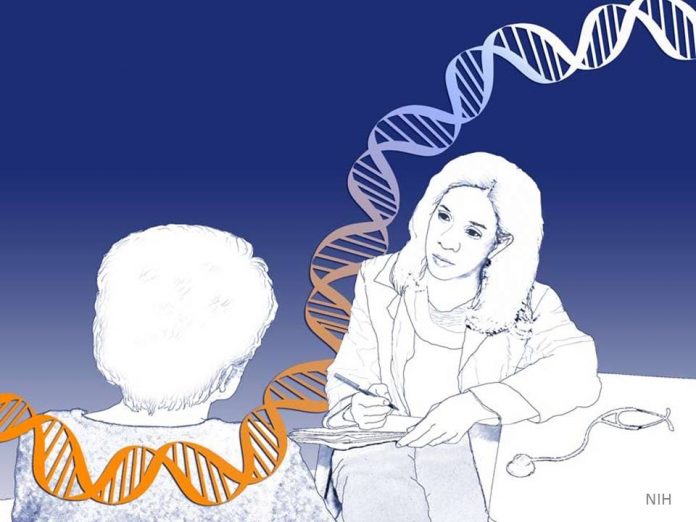
A new treatise by a collaborative group of researchers led by investigators at the National Human Genome Research Institute (NHGRI) and the Jackson Laboratory for Genomic Medicine (JAX), looks to provide scientists with updated information and recommendations, as the authors state, for “prioritizing clinically relevant genes for functional studies, developing reference variant-phenotype databases, adopting phenotype description standards, and promoting data sharing.” The new commentary was published recently in Cell through an article entitled “Bedside Back to Bench: Building Bridges between Basic and Clinical Genomic Research.”
“Interactions between basic and clinical researchers should be more like a 'virtuous cycle' of bench to bedside and back again,” explained senior author Carol Bult, Ph.D., a professor at JAX. “New technologies to determine the function of genetic variants, together with new ways to share data, mean it's now possible for basic and clinical scientists to build upon each other's work. The goal is to accelerate insights into the genetic causes of disease and the development of new treatments.”
The authors believe that in this new genomics era, it's time to update the old “bench-to-bedside” shorthand for how basic research discoveries inform clinical practice. Genome sequencing technologies are generating massive quantities of patient data, revealing many new genetic variants. The challenge “is in mining all these data for genes and variants of high clinical relevance,” noted lead author Teri Manolio, M.D., Ph.D., director of the NHGRI Division of Genomic Medicine.
Last April, the NHGRI convened a meeting of leading researchers from 26 institutions to explore ways to build better collaborations between basic scientists and clinical genomicists, to establish links for genetic variants with disease causation. The new analysis outlines the group's recommendations, which include promoting data sharing and prioritizing clinically relevant genes for functional studies.
For these collaborations to be most effective, the researchers note that both the basic and clinical research disciplines need better data-management practices. Basic scientists should seek better integration across model systems and focus on standardizing and collecting data on phenotypes (physical characteristics or symptoms) for matching with genomic data. Clinicians should work more closely with the clinical laboratories that perform the genome sequencing—”even better would be a two- or even three-way interchange including the patient as a long-term partner,” the authors penned.
“These efforts individually and collectively hold great promise for bringing basic and clinical researchers and clinicians” the researchers commented. “Indeed, researchers from many other relevant disciplines, together to work on mutually relevant questions that will ultimately benefit them both, the scientific community at large, and most importantly, the patients whom we are all committed to serving.”











